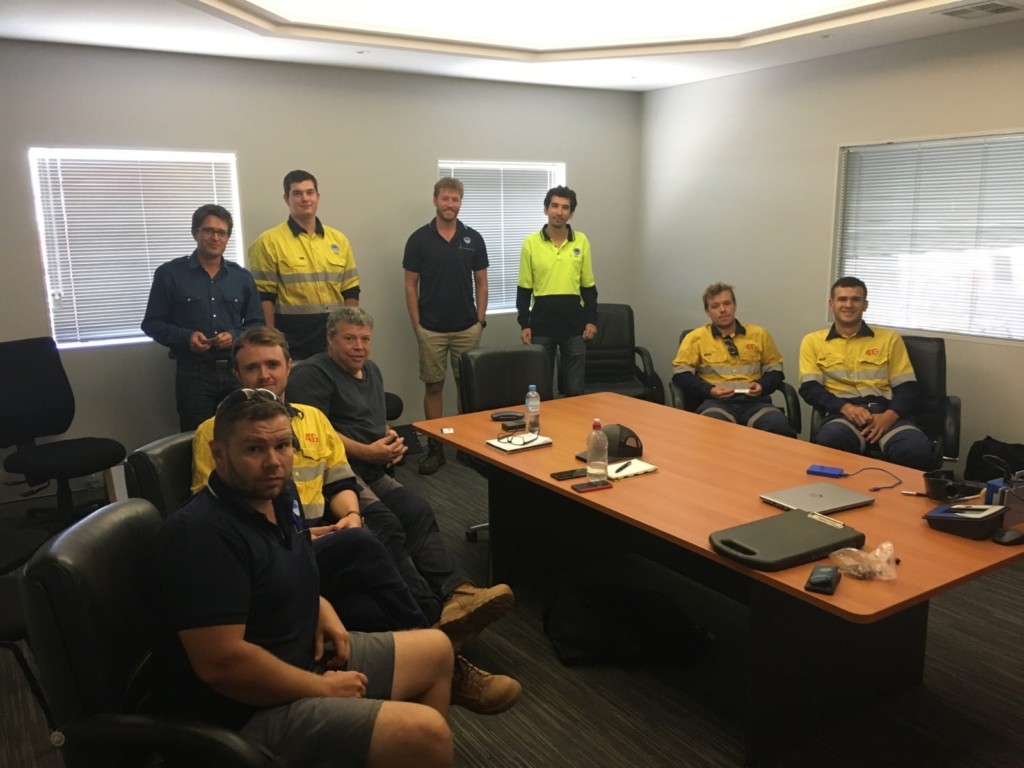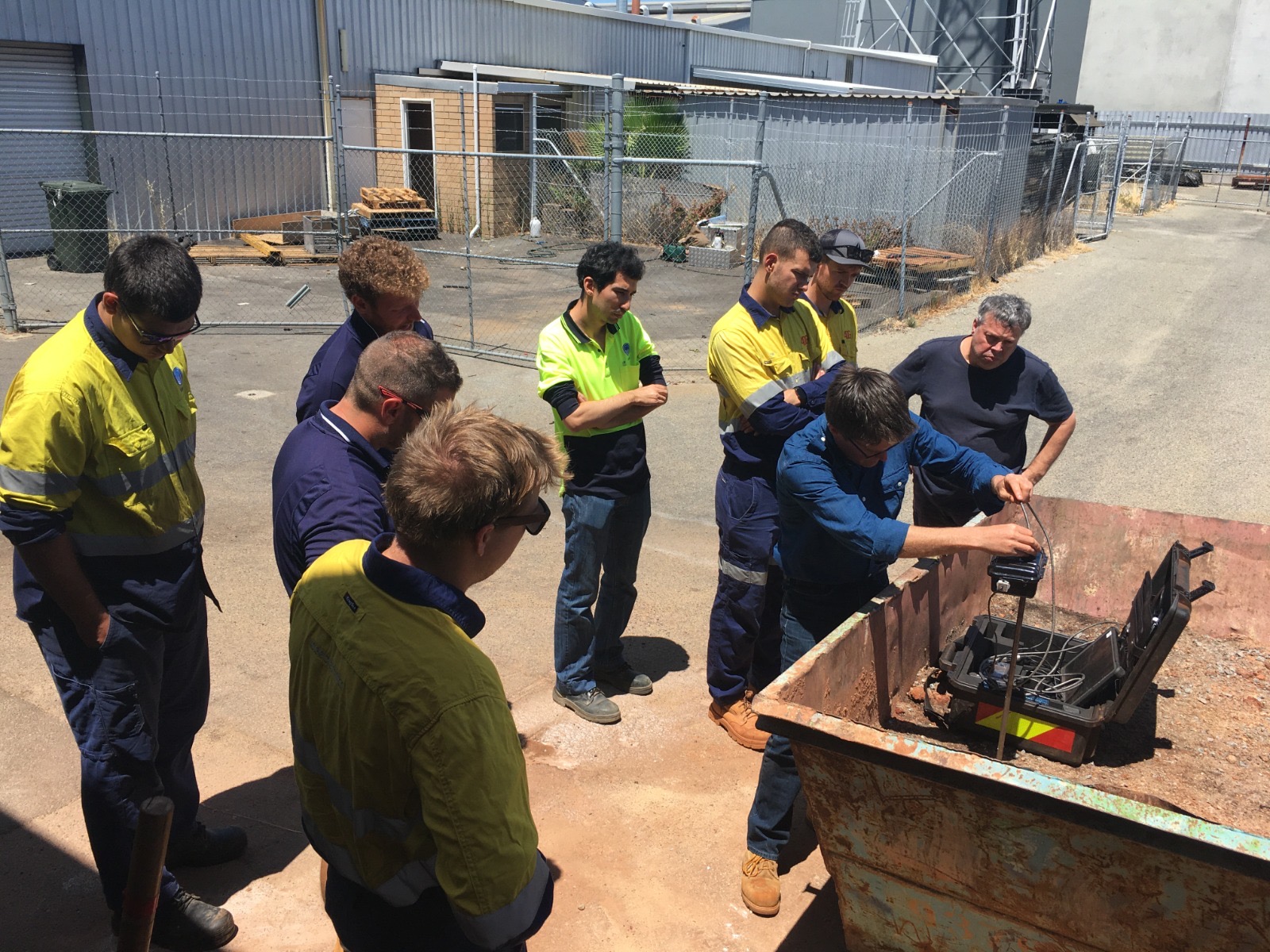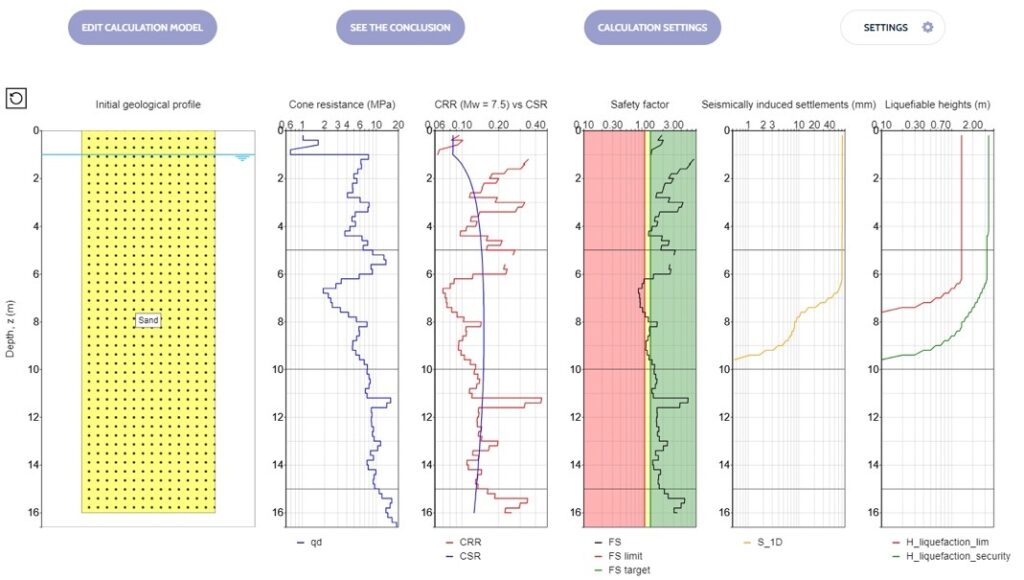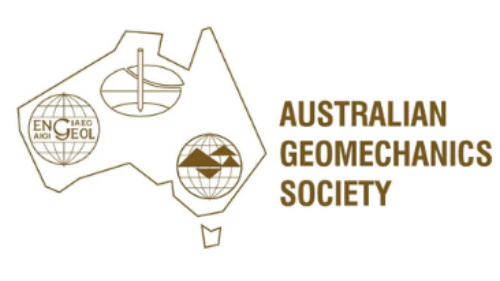PANDOSCOPE Implementation Partner Training – STATS and 4DG – Rail Applications
Insitu Test recently completed PANDOSCOPE® training for our WA Implementation Partners, STATS Australia and 4DGeotechnics.
The PANDOSCOPE® is a coupling of the PANDA® Instrumented Dynamic Cone Penetrometer (DCP) (tip resistance vs depth profile) and Geoendoscopy (down the hole imagery).
For rail applications, the PANDOSCOPE® is used as a non-destructive rail track ballast and formation condition assessment method when planning track maintenance and renewal. The PANDOSCOPE® measures geotechnical aspects of the track bed and can provide the following outcomes:
- Layer characterisation for ballast and formation (identification, thickness, water content (qualitative), estimation of the soil grain size distribution and ballast condition (ballast fouling) assessment)
- Mechanical information: cone resistance (direct measurement) or CBR or other parameters with correlations
The PANDOSCOPE® data helps asset owners optimise the track maintenance and track renewal strategy. Sometimes, PANDOSCOPE® testing is combined with network Ground Penetrating Radar (GPR) data to provide more information in problem areas. The PANDOSCOPE® also provides engineering services with reliable geotechnical data for track design purposes. The knowledge of mechanical and physical properties of existing formation (subgrade and sub ballast layers) is very important for the future track design. The PANDOSCOPE® overcomes the limitations of the majority of classical geotechnical tests (drilling rigs, pot holing).

To facilitate the training, we flew in Younes Haddani, the Head of Innovation Projects & International at Sol Solution. For more than 15 years, Younes ran the Sol Solution PANDOSCOPE Implementation team with experience from PANDOSCOPE studies in France (SNCF), Belgium, USA, Canada, Singapore and Australia.
STATS Australia is a specialist in testing and technical services, providing specific tailored and economical engineering solutions to various engineering problems that support their clients designs and construction tasks.
4DGeotechnics are consultants in engineering geology, geomorphology and geotechnical engineering. Specialising in locating, describing, measuring and understanding geo materials and masses, current ground surface morphology and the processes that have acted or are currently acting upon a site to affect its historic and present form.
If you would like to know more on the PANDOSCOPE® please visit our website: https://www.insitutek.com/ballast-formation-condition-assessment/pandoscope-overview/
If your after sales service is anything like what I have already received, I think I definitely made the correct choice.
The Light Weight Deflectometer (LWD) was first used in 1998 by the Minnesota Department of Transportation (Mn/DOT) at the Minnesota Road Research Project. Starting in 2005 the LWD has been used by Mn/DOT as an acceptance tool for the compaction of roadbed and miscellaneous embankment and trench construction, culvert treatments and other tapered construction.
Insitutek imports, sells and services, unique geotech equipment that has proved of great benefit to those who use it. It has a particularly beneficial role to play for those compacting soil in infrastructure projects.
Insitutek Blogs
We find clients are often looking for ways to improve geotechnical testing outcomes and do it more efficiently at the same time. This drives their buying decision making. Australian Soil and Concrete Testing (ASCT) was a case in point when they were searching for Plate Load Test equipment for their upcoming Collector Wind Farm project. Some of the things that motivated them include: […]
We are excited to introduce the addition of a new Liquefaction Risk Estimation module in WebSprint©. Paired with our cutting-edge products, PANDA® and GRIZZLY®, this module enables you to assess the liquefaction risk of soils exposed to seismic stress. PANDA® Instrumented DCP: This cutting-edge tool provides dynamic penetrometer soundings, delivering precise data crucial for seismic risk evaluations. GRIZZLY® […]
The Australian Geomechanics Society is gearing up for a series of geotechnical events across VIC, WA, NSW, and SA-NT. We are thrilled to inform you that we will be sponsoring and attending these exciting geotechnical events, and we would love for you to join us. It’s a fantastic opportunity to catch up, explore our booth (VIC), and stay informed about […]




